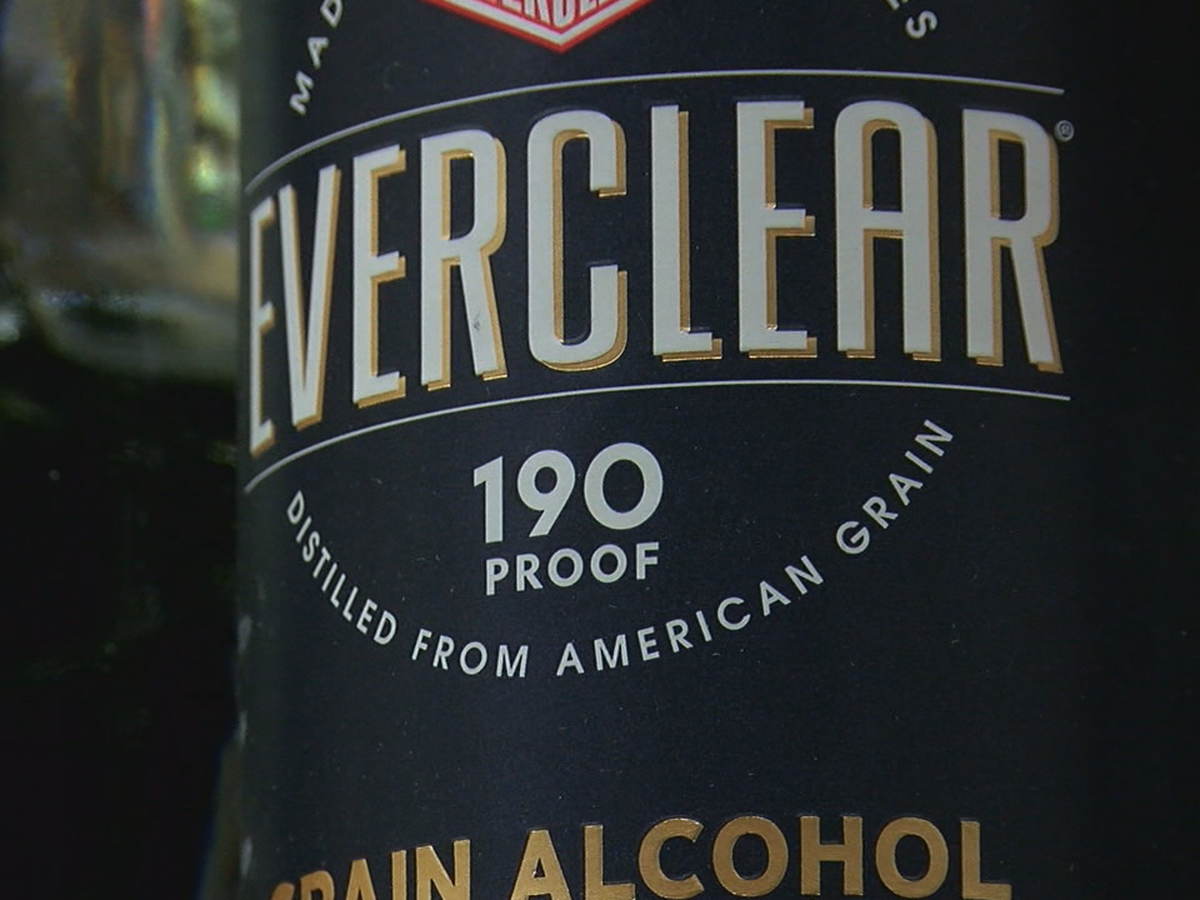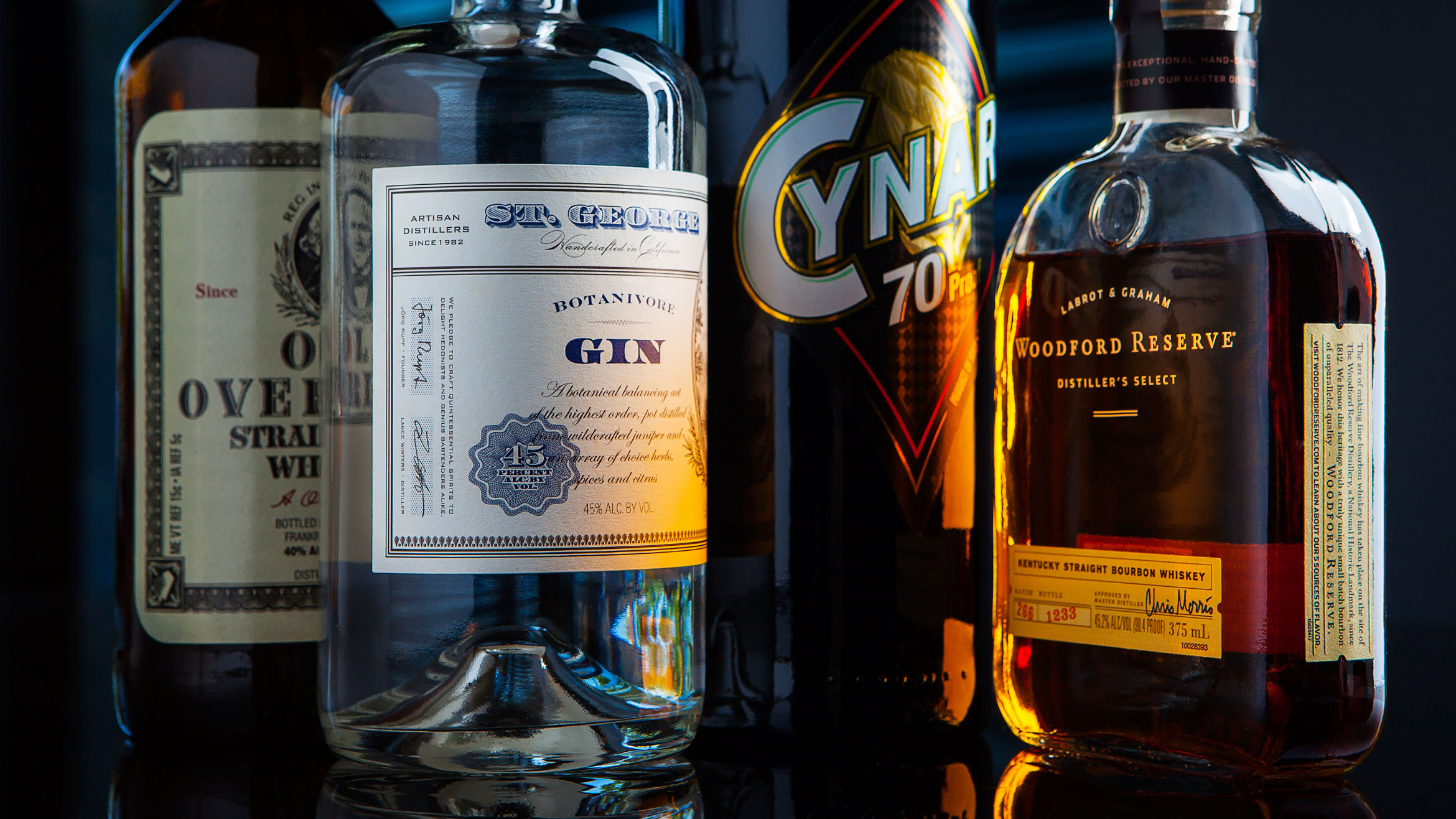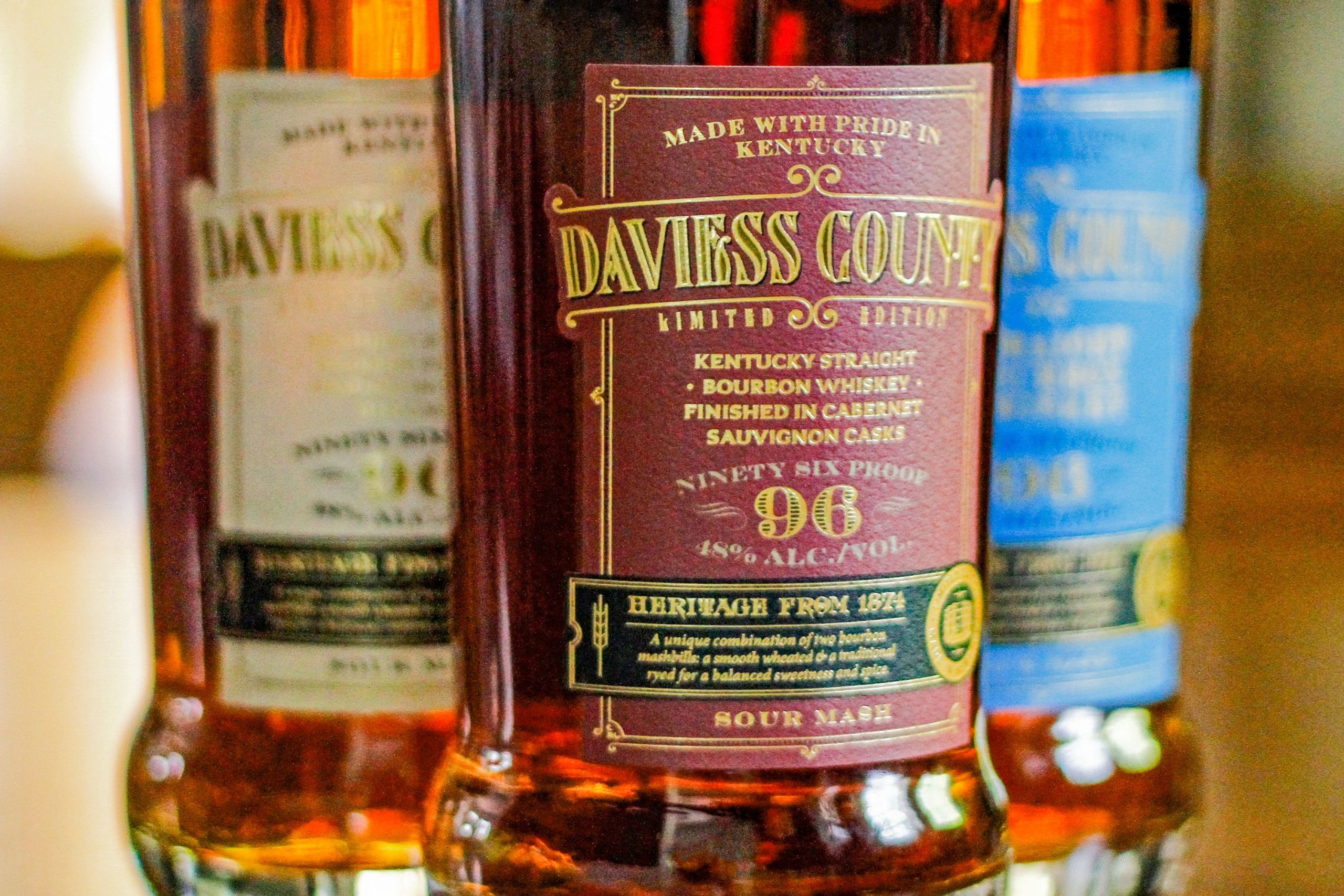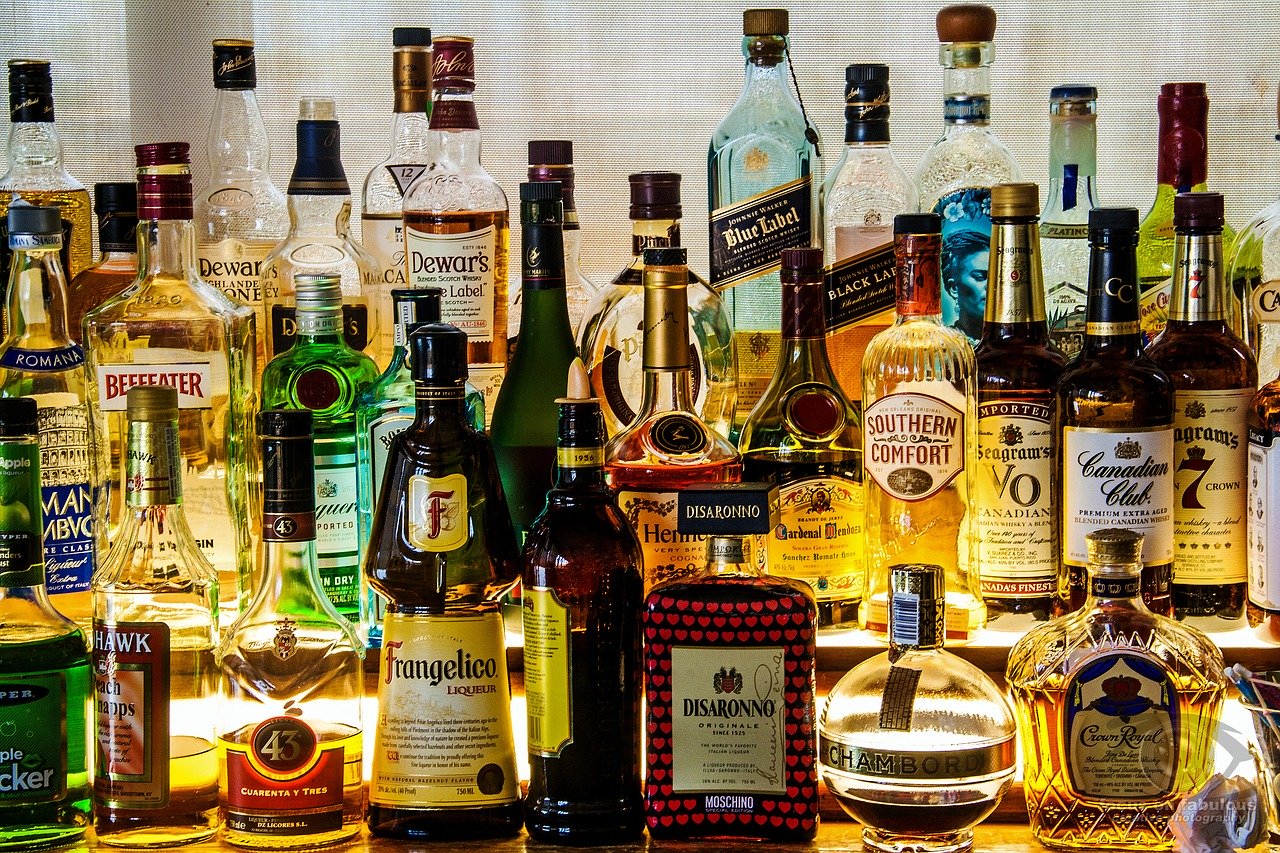If you’ve ever had a drink of alcohol, then you’re probably aware that there is scientific evidence to prove its effects. But what does the proof on alcohol mean and how can it help us better understand the role of alcohol in our lives? In this blog post, we will dive into the research on alcohol consumption and discuss why understanding these findings is so important for setting healthy limits on your drinking habits. With insights from experts in the field, we’ll uncover all the details about the proof behind alcoholic beverages – so keep reading if you want to know more.
Contents
What Is Proof Of Alcohol?
Proof of alcohol is the measure used to determine the percent of alcohol present in a solution. The proof system was developed by British officials in the 18th century as a way to ensure that taxes and other regulations were complied with when it came to spirits. As we know, many different kinds of alcoholic beverages are available today that contain various amounts of ethanol, which is what the proof system measures.

What Is The Origin Of The Term ‘Proof’?
The term “proof” stems from the original test developed to verify that a spirit was over 57% ABV (alcohol by volume). This method involved soaking gunpowder in the alcoholic solution – if the powder would still ignite, it was considered proof that the concentration of alcohol was high enough. These days, a more modern version of this test is used to measure proof using an instrument known as a hydrometer.
What Does The Proof On Alcohol Mean?
The proof on alcohol essentially tells you the percentage of alcohol present in a given beverage. It is important to note that proof does not necessarily indicate the quality or strength of the drink – this depends more on the type and quantity of ingredients used in addition to the amount of ethanol present. For instance, wines and beers generally contain lower amounts of alcohol than spirits but may still taste stronger due to the unique blend of flavors used in their production.
In the United States, beverage alcohol is regulated and labeled according to the proof system. All beverages that contain more than 0.5% ABV must be labeled with a proof number – for example, beer typically contains 4-6% ABV while distilled spirits like whiskey or vodka may have up to 50% ABV. Knowing the proof of a particular beverage is important for understanding both its strength and potential effects on your body.

Why Do We Need To Know What Does The Proof On Alcohol Mean?
It is important to understand the proof on alcohol because it can help us make more informed decisions about how much, and which types of alcoholic beverages we choose to consume. Knowing the percentage of alcohol in a drink can enable you to determine your own limit for when it is no longer safe or enjoyable to drink.
In addition, understanding what does the proof on alcohol mean can help us make more accurate comparisons between different types of beverages. For example, a bottle of wine or six-pack of beer may contain roughly the same amount of alcohol as a single shot of whiskey, but their tastes and effects on our bodies differ considerably.
Ultimately, understanding what does the proof on alcohol mean is an important part of making sure that our drinking habits remain safe and enjoyable. By paying attention to the proof levels of different beverages, we can make more informed decisions about what we consume and ensure that our drinking is done responsibly.
Why Is Alcohol Measured By Proof?
The proof system was originally developed as a way to accurately measure the amount of ethanol present in alcohol and ensure that taxes, regulations, and other laws were being followed. This system has since become widely adopted around the world as a reliable method for measuring alcoholic beverages.
In recent years, the proof system has been used to help regulate alcohol consumption in countries like the United States. By labeling drinks according to their proof, it is easier to identify which types of beverages may contain higher alcohol levels and thus more potential for harm. Now you have a answer about what does the proof on alcohol mean, let’s watch to learn more about why is alcohol measured by proof.
How Is Alcohol Proofed?
Alcohol proof is measured by using a laboratory instrument known as a hydrometer. This device measures the density of alcohol solutions and can accurately identify ABV levels within 0.1% accuracy. The process begins with taking a sample of the liquid, which is then placed in a graduated cylinder for testing. The hydrometer is then immersed into the solution and readings are taken to determine the alcohol content.
In addition, some spirits and wines can also be proofed using a “tare” method. This involves taking a sample of the liquid in a container which is weighed on a scale before being labeled with its ABV level. Once the container has been emptied, it is re-weighed and compared to the original weight to determine its proof.
What Is The Difference Between Proof And ABV?
Proof and ABV (alcohol by volume) are closely related but not exactly the same. Proof is a measure of the percentage of ethanol present in a solution, while ABV measures the total alcohol content, including any other ingredients that may have been added during production. For example, wine often contains higher levels of sugar than beer or spirits – this would be reflected in its ABV but not necessarily in its proof. As a result, it is important to consider both of these measures when assessing the strength and potential effects of an alcoholic beverage.

What Does The Proof On Alcohol Mean For Your Health?
When it comes to determining the effect of alcohol on your health, proof is an important factor in understanding just how much ethanol you are consuming. Research has shown that drinking alcohol in moderation – generally defined as one drink per day for women and two drinks per day for men – may have some health benefits, such as reducing the risk of cardiovascular disease and other conditions. However, it is important to note that higher levels of alcohol consumption can significantly increase your risks for various illnesses and long-term effects.
It is also important to keep in mind that drinking patterns are just as important as proof when it comes to understanding how alcohol affects your overall wellbeing. For example, binge drinking – or having four or more drinks in a two-hour period – can be particularly dangerous and is associated with an increased risk of alcohol poisoning, injury, and other health issues.
Alcohol Proof By Type Of Liquor
Different types of alcoholic beverages typically have different levels of proof. Here is a quick guide to some common beverage proofs:
- Beer: 4-6% ABV, 2-3 proof
- Wine: 12-20% ABV, 24-40 proof
- Whiskey/Bourbon/Vodka/Rum: 40%-50%, 80-100 proof
- Tequila: 36%-55%, 72-110 proof
- Gin: 40%-47%, 80-94 proof
- Liqueurs: 15-30% ABV, 30-60 proof
It is important to note that these proofs are only averages, as different brands and batches of alcohol may contain slightly different levels of ethanol. No matter the proof of a beverage, it is essential to drink responsibly and keep in mind the potential effects on your health. Keep in mind that even beverages with a lower proof can still be dangerous if consumed in excess. It is important to take into account the type of beverage you are drinking, and the potential effects on your wellbeing when deciding how much to drink.

Conclusion: What Does The Proof On Alcohol Mean
Now that we have discussed what does the proof on alcohol mean, it is clear that understanding the ABV levels of different beverages can be an important tool in helping us make informed decisions about our drinking habits. By paying attention to the proof, we can compare between types of drinks and determine our own limits for when it is no longer safe to consume alcohol. With this knowledge, we can make sure that our drinking remains both enjoyable and responsible. Thanks for reading at yongkangstreetnyc.com.
FAQs: Alcohol Proof
What is the highest alcohol proof?
Discover the pinnacle of alcoholic potency: the highest alcohol proof available. Prepare to be amazed as we reveal the astounding strength of Spirytus vodka, a Polish masterpiece reaching an impressive 96 percent alcohol (192 proof). Surpassing the notorious Everclear’s 190 proof, this legally obtainable libation is the closest you can get to indulging in “rocket fuel.”
What is the lowest alcohol proof?
Discover the lowest alcohol proof and explore the fascinating world of liquor. Uncover the surprising range from as low as 80 proof to as high as 192 proof, equivalent to an astounding 96 percent alcohol content. Unveil the global variations in alcohol proof measurement, including France’s unique Gay-Lussac scale, devised in 1824 by esteemed scientist Joseph-Louis Gay-Lussac.
Does alcohol proof affect taste?
While the proof of a beverage doesn’t directly alter its taste, higher proof alcohol can result in a more pronounced flavor or a stronger burning sensation, which may not appeal to everyone.
How does alcohol proof affect the strength of alcohol?
Alcohol proof is a crucial factor in comprehending the potency of any alcoholic drink. In the United States, proof is determined by double the alcohol percentage by volume (ABV). For instance, a spirit with 40% ABV is classified as 80 proof. Notably, the proof directly reflects the ethanol concentration in the beverage. Delve into the significance of proof to both consumers and regulatory bodies.
What does alcohol proof indicate?
Alcohol proof is a measure of the alcohol content in a beverage, specifically ethanol, expressed as twice the percentage of volume. To put it simply, a 50% alcohol whisky is considered 100-proof. A beverage marked as 120-proof would contain 60% alcohol, and an 80-proof drink would have 40% alcohol.
What does 70% proof alcohol mean?
When an alcohol is labeled as 70-proof, it indicates that it has an alcohol by volume (ABV) of 35%. This is commonly found in flavored spirits and certain liqueurs with higher alcohol content. It is worth noting that 70 proof falls on the lower end of the alcohol potency scale, as proof is primarily used to measure hard alcohol. This is due to the fact that spirits are generally expected to have a higher ABV than beer or wine, which typically have an ABV below 15%.
What does 80% proof alcohol mean?
When discussing alcohol content, “proof” refers to twice the amount of alcohol (specifically ethanol) in the liquid. For instance, a whiskey with 50% alcohol is considered 100-proof. If something is 120-proof, it contains 60% alcohol, and an 80-proof beverage means that 40% of the liquid is alcohol.
What does alcohol 75% proof mean?
Allow us to shed some light on this matter. A staggering 75% proof is essentially the same as 42.9% alcohol by volume (ABV). In simpler terms, the contents of that bottle are undeniably potent.
Is higher proof alcohol better?
Discover the allure of high-proof spirits – a world of rich flavors and bold character awaits. Experience the unique pleasure that each top-tier bottle offers, as you embark on a truly exceptional drinking journey. Also, don’t miss the chance to savor our expertly crafted cocktail recipe, meticulously balanced and surprisingly potent. Treat your taste buds to pure satisfaction.
Is 80 proof alcohol considered strong?
While 80 proof may have been seen as light in the past, today some may still consider it strong. Over centuries of distillation, producers have determined that 80 proof is the standard level.
What are the benefits of high proof alcohol?
Discover the advantages of high proof alcohol. Elevate your cocktail experience with a robust ABV that enhances the texture and complements the sweetness of syrups and liqueurs. Delve into an enticing world of flavors with overproof spirits, known for their intensified taste profile.
Does 100 proof mean 100% alcohol?
In the world of alcohol, proof is a measure of the ethanol content by volume. To put it simply, a liquor with 50% alcohol is considered 100-proof whiskey. Meanwhile, a 120-proof drink would contain 60% alcohol, and 80-proof signifies that 40% of the liquid is alcohol. Knowing these facts can help you discern the alcohol content of various beverages.

Chef Yong Kang has over 20 years of experience cooking in the finest restaurants, and is excited to present their vision to you and all our guests. Our caring and committed staff will ensure you have a fantastic experience with us.
We are also available for private events:, business lunches, dinners, and more. We would love to discuss how to be a part of your next event.Our restaurant refuses to compromise on quality, which is why we source our fresh ingredients from local farmers’ markets.










